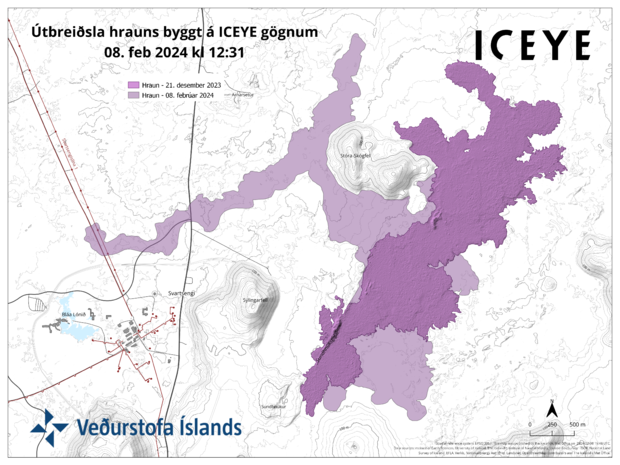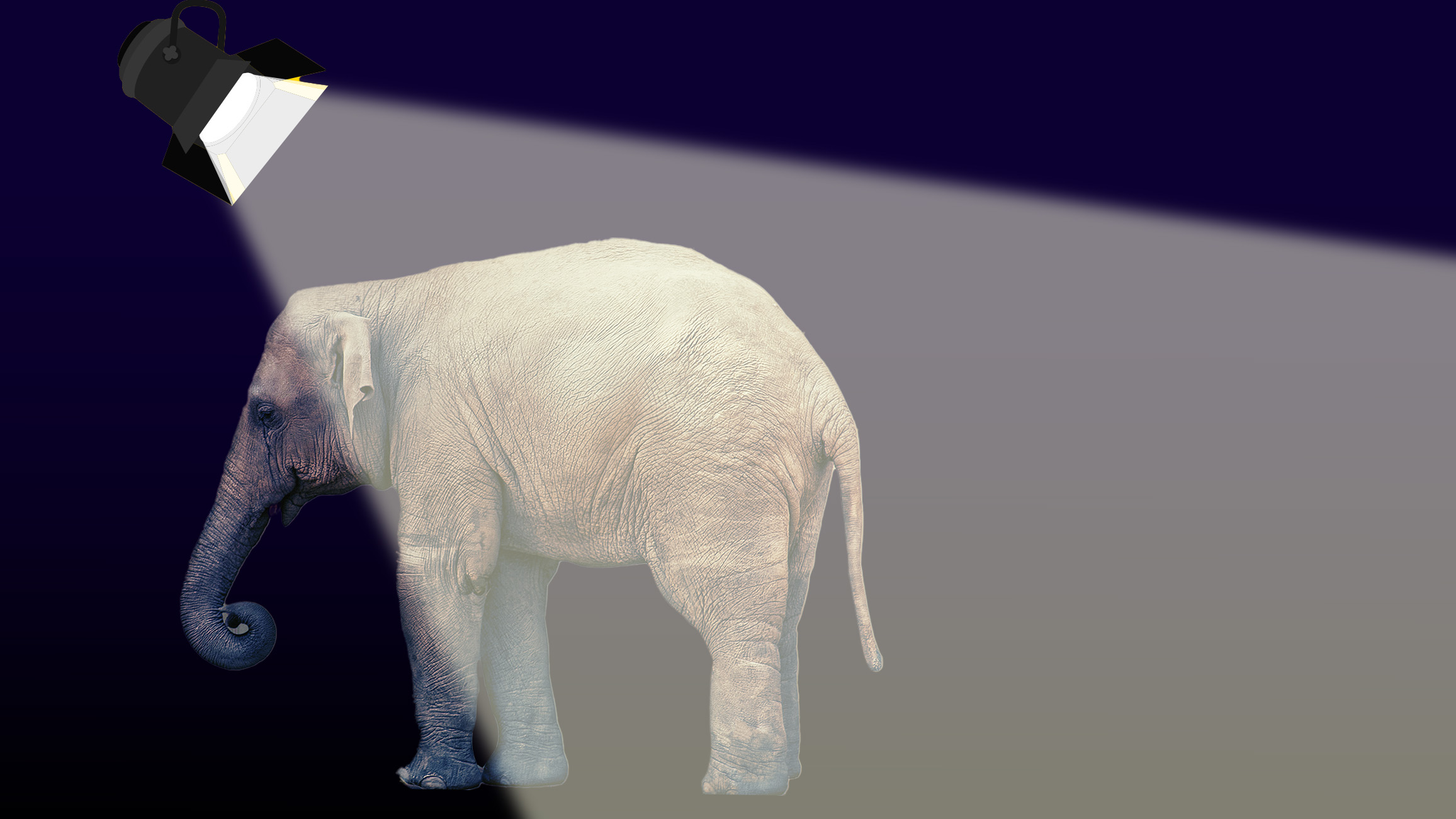Iceland's volcano eruption cuts off hot water supply to thousands after shooting lava 260 feet in the air
Thousands of residents of southwest Iceland had their hot water supply cut off amid "severe frost" overnight – because of lava. The region's third volcanic eruption since December sent lava flows that officials say damaged pipes that supply hot water to the area.
"We don't have any hot water because the lava field is over the pipes," Keflavík resident Bryndis Thorsteinsdottir told Reuters, saying tens of thousands of people have been impacted. "It's very difficult for us. And we don't know anything."
The latest eruption broke out around 6 a.m. local time Thursday northeast of Mount Sýlingarfell, spewing lava fountains roughly 260 feet in the air and giving rise to a nearly 2-mile volcanic plume. The Icelandic Met Office said in its latest update on Thursday that lava has flowed just under 3 miles from the site of the eruption, but that activity seemed to be diminishing. The erupting fissure is also believed to be just under 3 miles long.
"The vigor of the eruption continues to decrease," the office said. "...The explosive activity which began between 13 and 14 o'clock (1 p.m. to 2 p.m. local time) is now mostly over, but minor convective clouds rise from some parts of the fissure."
While the eruption activity seems to be diminishing, it continues to have a drastic impact on locals.
The country issued a state of emergency on Thursday after the lava damaged the main hot water pipe from Svartsengi to Fitja, the Department of Civil Protection and Emergency Management said. That damage cut off hot water to parts of Keflavík, Sandgerði and Garður, according to the Iceland Monitor, prompting officials to urge residents and businesses to conserve electricity and hot water.
"Transfer tanks store hot water in the area, and now that the pipeline is gone, it's the only water left in the area," the department said on Thursday, adding that the tanks "will probably last 6 to 12 hours" under conservation measures, and "on normal daily use ... 3 to 6 hours."
"Residents can use an electric oven, but the Public Safety Authority reiterates that each property can only use one electric oven," the department said. "The electrical system cannot withstand more use. If everyone starts the ovens at the same time, the system can fail."
The hot water supply was cut off ahead of a "severe frost" that was expected overnight, officials said, sending many in the area into a frenzy to find sources of heat. The U.K.'s Met Office reported temperatures in the city reached 17F overnight.
"It's like a Black Friday sale on electric heaters. Everybody's trying to keep their houses frost-free, to keep warm," Keflavík resident Jon Jonasson told Reuters. "... Some houses don't have any hot water. ... It's going to be a cold few days until they fix it."
By Thursday night, officials said hot water reserves in the tanks were "depleting rapidly," but on Friday, they said contractors "worked all night" to provide a hot water bypass pipe to residents. That work, however, came with unexpected issues.
"There will be a delay in allowing hot water to be released to the new bypass pipe at the Njarðvíkur pipe that was flooded by lava yesterday. The work on the new pipe has gone well, but there has been a slight delay," officials said Friday shortly after noon local time. "...Now it is set to be able to run hot water on the pipes at midnight tonight."
Even if successful, it will take a few days for the full supply to return. Officials said it can take up to two days for the water to regain full pressure, so people will need to use their supplies "sparingly."
Thursday's eruption is the third to hit the country's Reykjanes peninsula since December. The area is a popular arrival spot for tourists, serving as home to the Keflavík International Airport and renowned geothermal spa the Blue Lagoon. Both spots have been affected by the most recent eruption, with the lagoon being forced to close on Thursday and Friday, and the airport losing its hot water, according to the Iceland Monitor.




